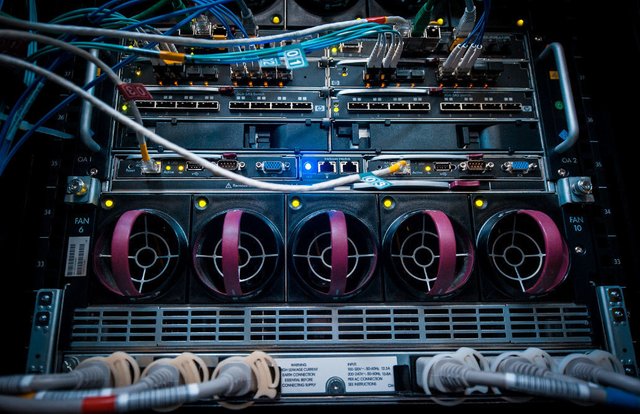The hidden state of matter will speed up your computer 10 times!

In May 2016 in the journal Nature Communications , published an article on the results of the study , which is a synthesis of the theoretical work of Professor Sergey Brazovskii made in NUST "MISA" , and the National Center for Scientific Research (CNRS, France) and the experiment carried out under the supervision of Professor Dragan Mikhailovich at the institute Jozef Stefan in Ljubljana (Slovenia ) .
Professor Sergei Brazovskii managed to build a theoretical description of a particular hidden state of matter tantalum disulfide , which this material can be achieved only under the influence of external influences . This unique chemical compound has an unstable internal lattice electrons , which can radically change due to external pulse, eventually converting the physical properties of the material itself.
Hidden state was experimentally discovered by scientists only in 2014 .
Scientist have developed a previously constructed his theory to describe the model of switching states of the conductor -insulator .
"We found a complex mechanism of formation of a network of charged domain walls ( Divides the sample area , are in the ordinary and hidden states ) that are created due to the instability of the electron lattice . It is possible to explain the observed experiment injected charges (i.e., a sample introduced from outside, in this case by means of laser pulses ) create moving domain walls , making material from an insulator to metal ",
– said Professor Sergei Brazovskii .
This qualityof tantalum disulfide may be applicable
to create a non-volatile electronic memory element which can retain information even when the electric power source is turned off due to the stability of the latent state of the substance . The conductive state of the material in this unit encrypts , dielectric - zero.
The principal difference between the innovative memory elements of the scheme from the traditional dynamic random access memory (DRAM) - an order of magnitude more high speed recording information. Ultrafast memory cells based on tantalum disulfide will be able to switch to control electric voltage during about one picosecond , which is more than 10 times faster than the fastest of the existing analogues .
1Nature Communications, 7, 11442 (16 May 2016), Fast electronic resistance switching involving hidden charge density wave states, I. Vaskivskyi, I. A. Mihailovic, S. Brazovskii, J. Gospodaric, T. Mertelj, D. Svetin, P. Sutar and D. Mihailovic .